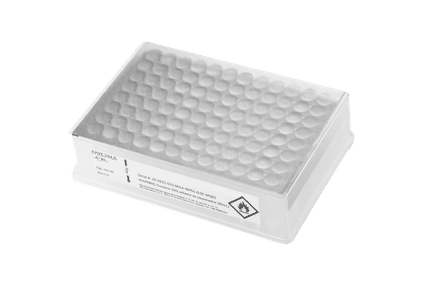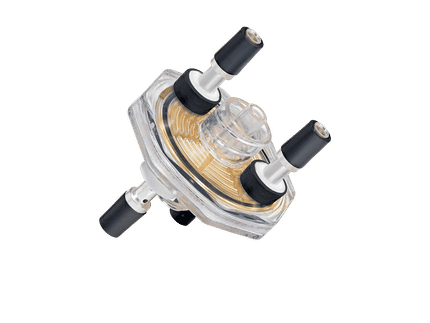To use all functions of this page, please activate cookies in your browser.
my.bionity.com
With an accout for my.bionity.com you can always see everything at a glance – and you can configure your own website and individual newsletter.
- My watch list
- My saved searches
- My saved topics
- My newsletter
Salutogenesis
Salutogenesis is an alternative medicine concept that focuses on factors that support human health and well-being rather than on factors that cause disease. The term salutogenesis comes from the Latin salus = health and the Greek genesis = origin. The term was first used by Aaron Antonovsky in 1979,[1] who studied the influence of a variety of sources of stress on health and was able to show that relatively unstressed people had much more resistance to illness than those who were more stressed. Antonovsky argued that the experience of well-being constitutes a Sense of Coherence (SOC). Though modern medicine has increasingly come to ask about the origin of illness, Antonovsky suggested that an equally important question to pose is: "what is the origin of health?" This question hearkens back to the discovery of pathogens in the seventeenth century, when a great scientific controversy broke out over whether these were indeed the true causes of illness, or whether illness began when health was no longer being sustained by the body. In the latter case, pathogens would be merely secondary agents.[citation needed] Even in recent times, Antonovsky was by no means the first to attempt a reorientation towards health per se: health centers and wellness clinics have been known for some time, and many doctors have intuitively attempted to support the health of their patients. Antonovsky was successful in making new inroads on the conventional medical mindset, however, and salutogenesis has now become part of standard medical discourse.[citation needed] Sense of CoherenceAntonovsky defined Sense of Coherence as:[2]
This SOC is the result the collective effect of resources and processes conducive to health. Within the Salutogenic orientation there is a direct relationship between the strength of the SOC and the person's ability to employ cognitive, affective (emotional) and instrumental strategies likely to improve coping, and thereby well-being. DF Smith identifies three inherent prerequisites that determine a person’s abilities to cope as:[3]
Areas of ApplicationAlthough the majority of texts related to salutogenesis are concerned with issues in the medical fields of healthcare, it does also feature in the related disciplines of psychology and in particular industrial and organizational psychology and philosophy. Since their origin, naturopathy, homeopathy and anthroposophical medicine have all been strongly oriented towards a salutogenetic approach, that is, on strengthening the body or the human being's natural health and defenses. Michaela Glöckler, for example, has written a considerable number of books on health in children, adults, marriage and a variety of other themes from this perspective.[4] References
Further reading
|
||
| This article is licensed under the GNU Free Documentation License. It uses material from the Wikipedia article "Salutogenesis". A list of authors is available in Wikipedia. |







